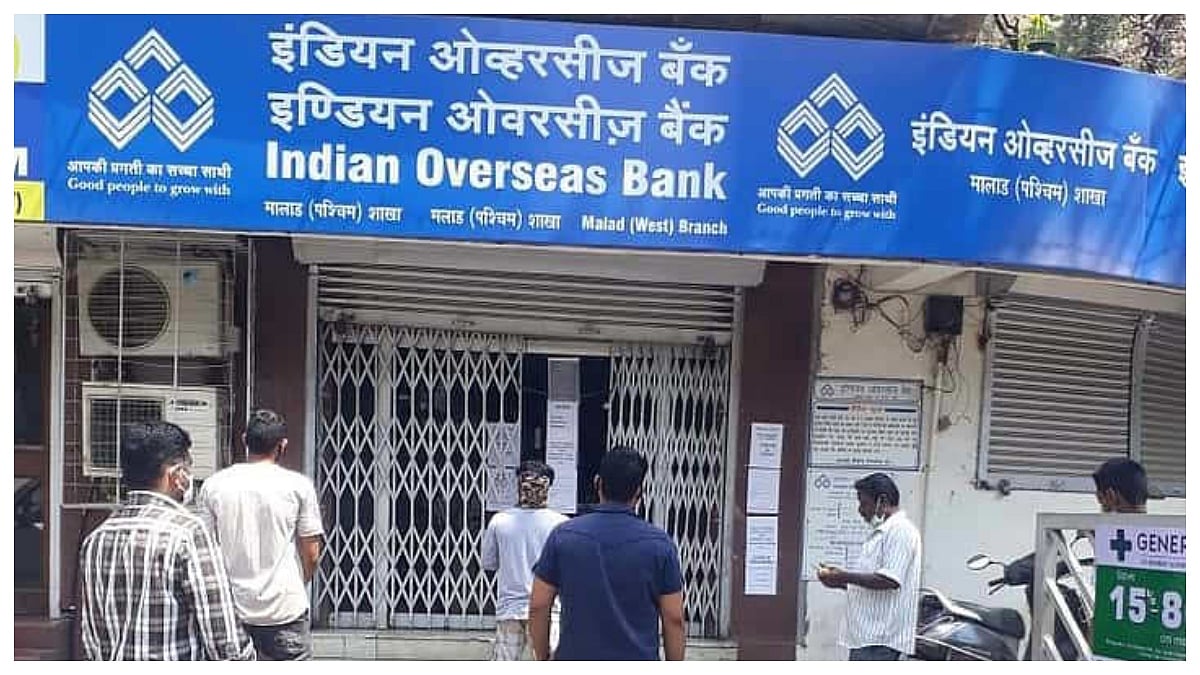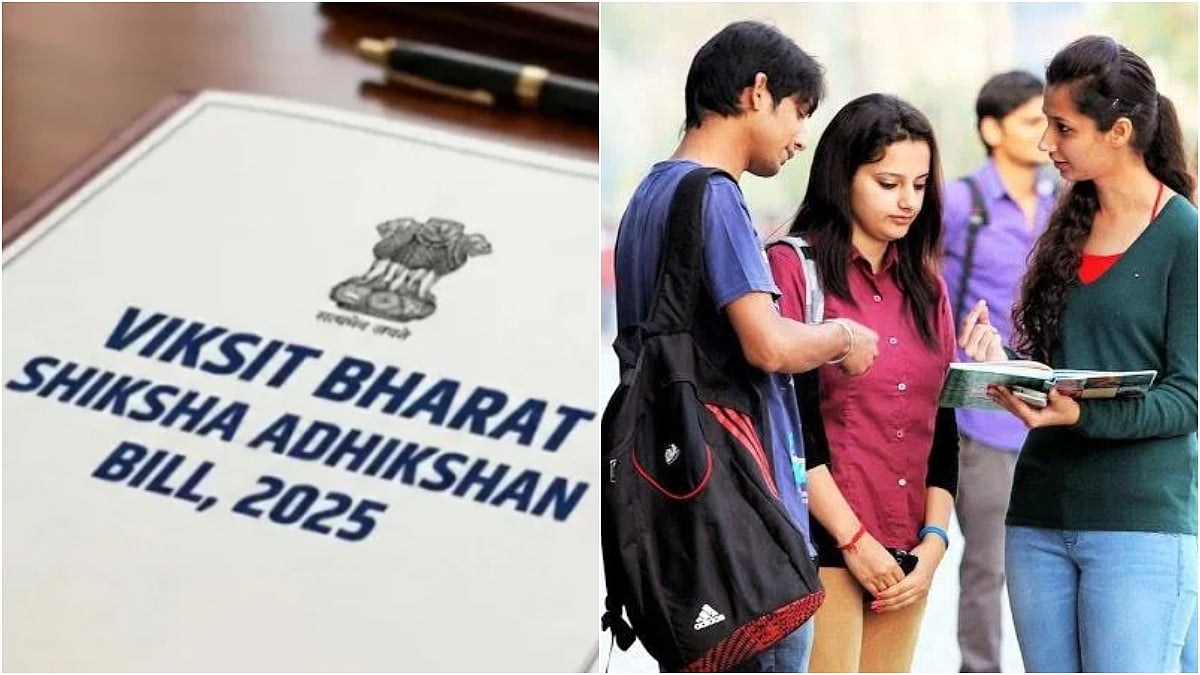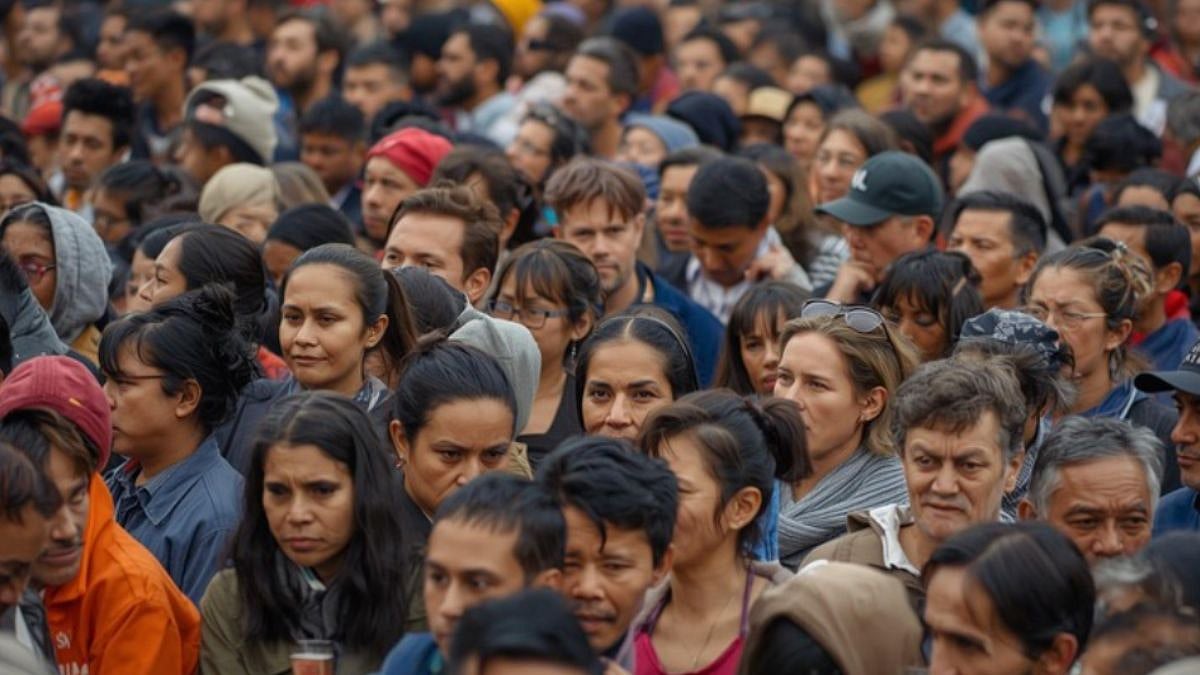By Gita Dharampal
More than a 100 years ago, Mahatma Gandhi exhorted us not to be mesmerised by modernity. The Covid-19 pandemic, in many ways, is a wake-up call for the post-modern world and invites us to revisit Mahatma Gandhi's call, articulated in his incendiary manifesto Hind Swaraj in 1909. In it, Gandhi dismissed the modern epoch as a “nine-days’ wonder”, and went as far as to discredit modernity’s alleged civilisational status as a “disease” to which we must endeavour not to fall victim. Whether this can be deemed an illustration of prophetic prescience or not, in any case, Gandhi’s vituperative phraseology – admittedly constituting part of a polemical diatribe with the aim of subverting the legitimacy of the colonial enterprise, epitomised by his stringent criticism of the Indian Railways (targeted strikingly as carriers and spreaders of epidemic disease!), law courts, modern medicine and English education – embodies for us today an uncanny significance as the virus continues to spread exponentially and the death toll is on the rise.
At the beginning of the 20th century when imperial modernity was at its zenith, Gandhi’s admonitory exhortation fell on deaf ears. Will, per contra, at the beginning of the third decade of the 21st century, his ‘cry in the wilderness’ finally be heard and the implications of his stringent warning heeded, when the modern edifice itself seems to be in a state of siege? Globally, not only inter-continental but also domestic flights were suspended, all modes of transport – from railways to motor vehicles. National and inter-state borders were sealed; international stock markets are still plummeting making a global recession loom large; social distancing, home offices, self-isolation and quarantines have become the ‘new speak’ as economic, social, educational and cultural life is being impacted. As for politicians, overwhelmed, and intent on insuring their own national stability, they are at a loss to find a global approach and are compelled to undergo a slow awakening to the gravity of the pandemic.
With modernity’s shining gloss getting unmasked as a deceptive mirage, it is dawning on us that our modern globalised life-style has made us weaker than ever (from a Gandhian perspective morally as well as physically): admittedly, free trade, cheaper flights and social media have brought us closer together than ever, but they are also making us more vulnerable than ever. Indeed, the more sophisticated our society becomes, the more we weave our webs of global connections, the more we depend on machines and computers, the more defenceless we become! Then, all it takes is one infinitesimal virus to tug on a thread, and the whole postmodern tapestry could unravel in an instant. So, Gandhi, in Hind Swaraj (1909) calling modernity a “nine-days’ wonder” – ephemeral and transitory, without any substance, seems to have been prophetic!
What is more, mass hysteria and debilitating fear are on the rise as, through social media platforms, rumours and fake news are spreading faster than the virus. And yet, initially, the primary victims were the ‘first world’ including India’s upwardly striving jet-setting elite, who until now enjoyed the specious privilege of living in an age of unparalleled sophistication, freedom and comfort, claiming supremacy over the natural world and mastery of science. Indeed, all too often, we boast that we have conquered disease, extended our lifespan, overcome our limitations and transformed our planet. But in our hubris, we forget that to be human is to be weak. We have not mastered nature; we survive only because nature allows us to. And as anyone familiar with history will know, our sense of security was always an illusion. But now that reality is revealed before our eyes: obviously, we are deluding ourselves if we think modern medicine is an invincible safeguard against the ravages of nature.
Yet with jeremiads blasting in the news media that we are only a step or two away from disaster, not only the hubris of post-modernity (boasting to have conquered disease, etc.) but also its scourge of criminal injustice in view of the all-pervasive glaring social and economic disparity is exposed as the killer virus’s onslaught threatens the lives of unsuspecting millions living in extremely vulnerable conditions. For us in India, Covid-19 has had a revelatory impact: The mass exodus of migrant workers from urban conglomerations under an enforced lockdown has brought into focus not only a forgotten population of the country, but also the humanitarian violation that they have suffered in the last seven decades in Independent India. Surely, such blatant lack of concern for their welfare and human dignity is far removed from Gandhi’s talisman that he articulated days before his assassination. “I will give you a talisman. Whenever you are in doubt, or when the self becomes too much for you, try the following expedient: Recall the face of the poorest and the most helpless man whom you may have seen and ask yourself, if the step you contemplate is going to be of any use to him [or her]. Will he [or she] be able to gain anything by it? Will it restore him [or her] to a control over his [or her] own life and destiny? […] Then you will find your doubts... melting away."
Confronted with this ominous scenario, let us also recall Gandhi’s powerful allegorical premonition (expressed in a letter to Jawaharlal Nehru, dated 5th October, 1945) which reads as follows: “When the moth approaches its doom it whirls round faster and faster till it is burnt up. It is possible that India will not be able to escape this moth-like circling. It is my duty to try, till my last breath, to save India and through it the world from such a fate.”
Gandhiji’s forebodings, though having an all-too-poignant ring, rather than deepening our despondency, should indeed summon us to urgently adopt a new mind-set: guided by his inspirational example, we are called upon to chart out a viable alternative model of polity that could extricate us from the contemporary impasse. Thereby, his envisioned road-map of integrating economics, politics and technology with ethics (all the while foregrounding daridranarayan’s well-being) can function as our sheet anchor in these precarious times.
And more immediately, to mitigate the rapid spread of the virus, for which – ironically –allopathic medicine offers no cure, we should model ourselves on Gandhiji, the indomitable experimenter in naturopathy, by using effective preventive treatment (and household remedies), as well as practising excellent personal hygiene, promoting and ensure community sanitation, and restricting ourselves to our localities, thereby avoiding long-distant travel and reducing attendance at public assemblies: in short, the Gandhian principles of swadeshi, swachchhata and sarvodaya should be our guidelines. More comprehensively, rather than indulging in a globalised lifestyle, we might explore Gandhiji’s call for putting into practice a unique variant of ‘glocalisation’ (notably, a post-modern buzzword from the late 1980s), i.e. by learning to experience the entire world within the precincts of our immediate village or neighbourhood and to live in harmony with our natural environment, eschewing exploitative practices as far as possible. Last but not least, in view of the catastrophic disruption caused in the global economy, and simultaneously in line with the adage “every crisis is an opportunity in disguise”, this would be the ideal moment to focus on regenerating our rural economy to bring about Gandhi’s cherished dream of gram swaraj.
The writer is Dean of Research, Gandhi Research Foundation, Jalgaon, retired Professor and former Department Head of History at the South Asia Institute, Heidelberg University, Germany
(Through The Billion Press)









